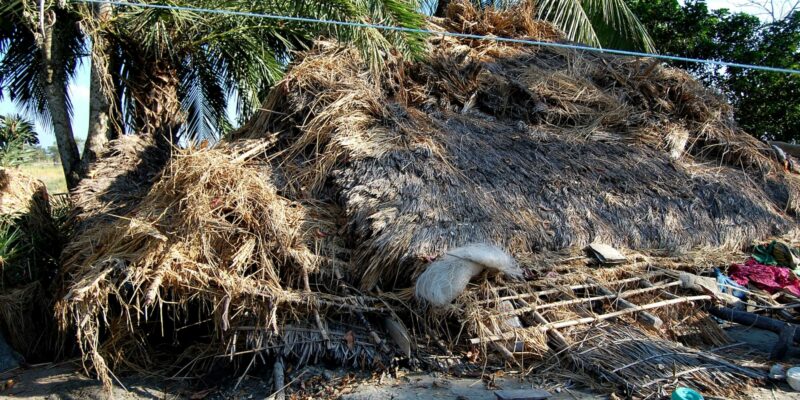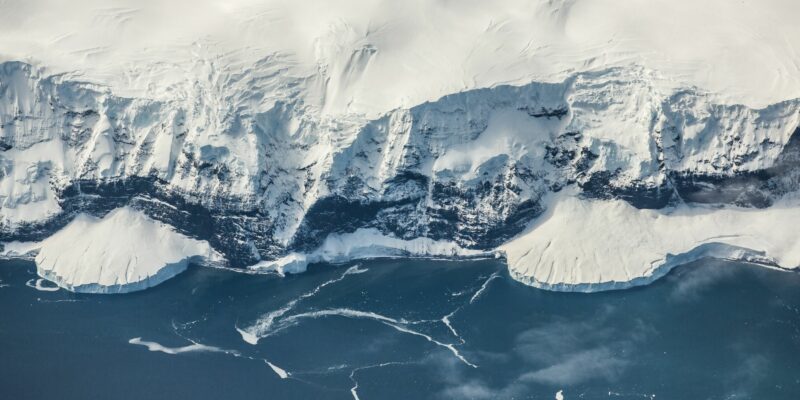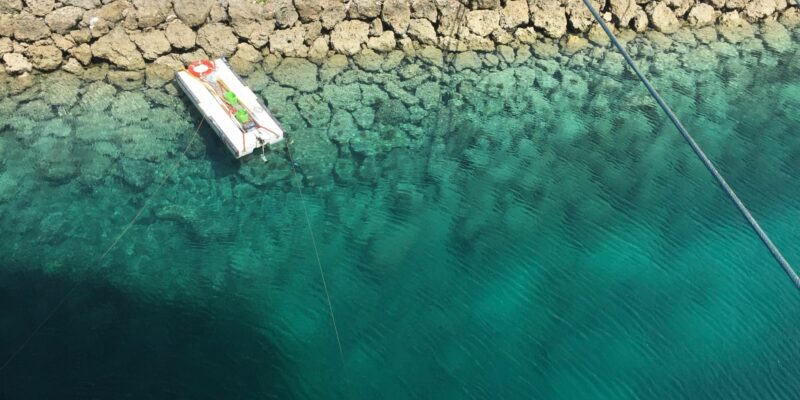Comment
Insights and expert analysis on climate issues.
Share


“It’s complicated” – loss and damage in the IPCC Sixth Assessment Report
Dr Olivia Serdeczny
The draft outline of the IPCC Sixth Assessment Report doesn’t contain an explicit reference to loss and damage but will deal with “residual risks”, “adaptation limits” and “attribution.” Should this outline be adopted at the next IPCC plenary, it would be a missed opportunity to bring the entire spectrum of loss and damage available in the scientific literature into focus and support vulnerable countries in preparing do deal with it.


Small islands are highly vulnerable to climate change but face severe adaptation constraints. To work towards overcoming some of these constraints, Climate Analytics and partners are initiating an integrated database containing information on climate impact projections, linked to examples of existing adaptation projects and embedded into a vulnerability and impact assessment framework. The database provides a structured overview of success-factors and limitations, piecing together fragmented knowledge and fostering knowledge exchange across regions in order to support science-based adaptation.